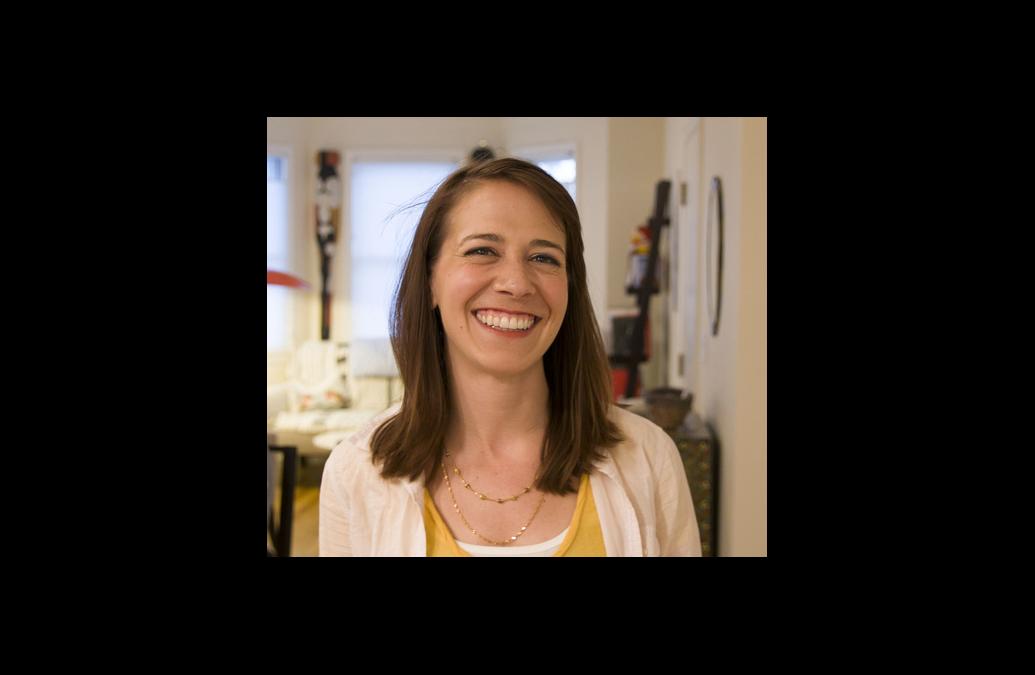Changemaker of the Week: Mira Mehta '06

Mira Mehta '06 is the CEO and co-founder of Tomato Jos, an African agricultural production company that believes in the power of farming and processing local food products for local consumption. They are currently working on producing the first homegrown tomato paste in Nigeria.
Q: What is the venture that you're currently working on?
A: My venture is a for-profit social enterprise that works with smallholder farmers to make them expert tomato growers, and then uses those tomatoes to make tomato paste for the domestic market. We aim to help rural farmers make more money while simultaneously reducing Nigeria's dependence on low-quality imports from China. I am the CEO of the company, and I came up with this idea when I lived in Nigeria from 2008 to 2012. I was working for the Clinton Health Access Initiative and during my travels back and forth across the northern part of the country, I noticed a lot of tomatoes rotting in the fields that we drove past. At the same time, I learned, Nigeria was importing a lot of tomato paste, which is a staple ingredient in many dishes. I figured there had to be a way to connect these two pieces, supply of tomatoes and demand for paste.
Nigeria is the largest country in Africa, both in terms of population (170 Million) and GDP ($488 Billion). And Nigerians love tomatoes - tomatoes and tomato paste are both essential ingredients in almost every Nigerian dish from Red Stew to Jollof Rice. Each year farmers grow $2 Billion worth of fresh tomatoes, but 50% rot before they get to the market due to poor infrastructure and the delicate nature of tomatoes. Nigeria has become the world's largest importer of tomato paste ($400 Million) but does not produce any paste itself. We see an opportunity make the market more efficient and help smallholder farmers capture the lost value. We plan to operate across the full value chain for tomatoes, with a social enterprise that increases market efficiency, develops the local economy, and promotes environmental sustainability. Our business aims to help farmers grow tomatoes more profitably and sustainably, while filling a large gap in the market.
We've got a kickstarter campaign going that also talks about our story!
Q: What is the biggest challenge you've faced since starting this work?
A: The biggest challenge I'm facing right now is maintaining for-profit status for my social enterprise. I believe that I have found an opportunity in Nigeria that will enable me to make a positive impact on a lot of people's lives while making money for my investors, my employees, and myself. I'm a capitalist, but I like to think that I'm a compassionate capitalist. I have long held the belief that it's possible to run a company that is profitable BECAUSE, not despite, the fact that it serves a social purpose. And that's exactly what I'm trying to do with Tomato Jos, a fully integrated agribusiness that works with smallholder farmers to make tomato paste in Nigeria, operating across the full value chain from farming to processing.
However, I'm finding that in the investment community, many people seem to believe that companies either have to deliver outsized returns with no social component, or that they should be a non-profit. Although the term "impact investing" has been floating around for a long time, and although there are many people who believe in the concept of "social enterprise," at the end of the day, most impact investors want to see companies with operating experience, and many angels want a tax write-off as much as they want to support an organization that is trying to do good. The lesson I've taken away from this is that it's extremely important to know your own story and vision inside out, and to find investors to whom you can communicate your entire vision for the business.
Q: What’s one piece of advice you’d give to any college student thinking of becoming a "changemaker"?
A: Find good mentors! Even if they don't work in exactly the same space as you, mission-driven people who have walked a similar path and are willing to ask you hard questions, and give you new ideas, and question your assumptions, are extremely valuable both for your venture and for your personal growth.
Q: What is your personal mission statement?
A: My Purpose: To find joy and passion in everything I do, to pass that positive energy on to others, and to make a positive impact on the people and places that come into my life. I want my excitement to ignite those around me to make positive changes their world.
My Mission: To build a personal and professional life aligned with my core values; to run my own business that is meaningful, profitable and sustainable; to empower my employees with a consistent livelihood to pursue their passions both in and outside of work.
Q: What's one interesting fact people might not know about you?
A: I've always loved ketchup and tomato sauce, but even though I'm running a tomato paste business, I actually didn't like the taste of raw tomatoes until I was an adult! They were always too acidic for me.
If you know a Brown student or alum who is making a difference on campus, in Providence, or around the world, nominate them here to see them featured as Changemaker of the Week.
